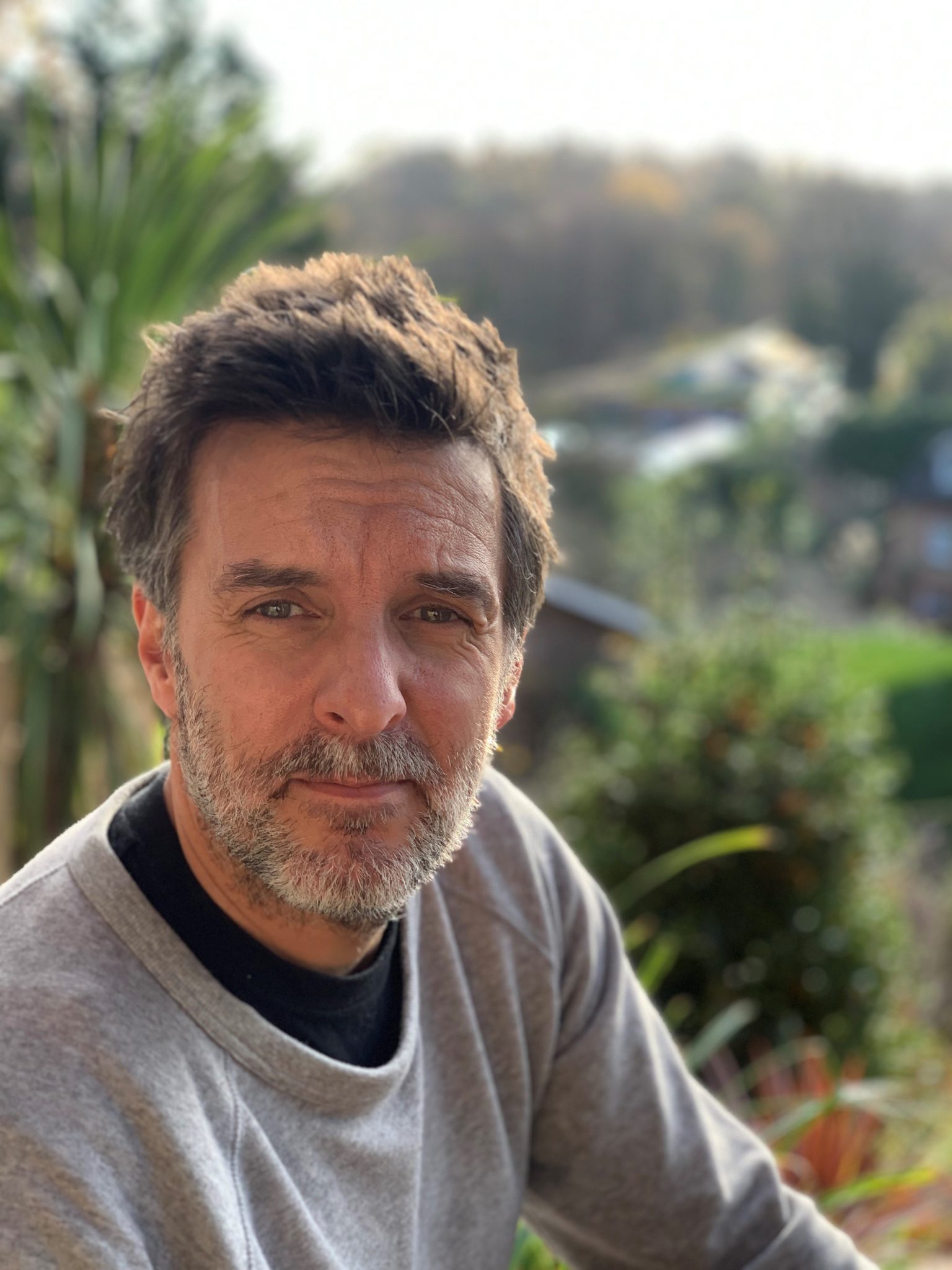Dr Steve Edgington is CABI’s Biopesticide Specialist. He has more than 25 years’ experience in protecting crops using biologicals and leads the work in CHAP’s Fungal Biopesticide Development Lab. Here he shares his thoughts on his worldwide career and the future of biopesticides
How do you generally introduce yourself and the work you do at CABI?
I head the Biopesticides Team at CABI, we look at how microorganisms from the soil can be used to protect plants from insect and disease attack, to help reduce the use of chemical pesticides. My background is crop science and I have a PhD in nematology.
What is your involvement in the CSFB biopesticide project?
We’ve found a fungus in local soil that shows potential to control the flea beetle, but it’s our job now to really get to grips with it, see how this fungus copes when conditions are not perfect, see if it can kill the beetle in good numbers, see if we can produce enough of it to meet demand. Microorganisms don’t always behave as you wish and there’s plenty to test.
What do you find most challenging, and most rewarding, about working in the field of biopesticides?
Challenges everywhere but we push on as these biological technologies are so important in future crop production and protection. At the clean end we’re always looking for ways to produce fungi cheaply with no loss to their stability or their ability to kill the pest. Out in the field is when we start bringing together different disciplines, soil science, pest behaviour, application to mention a few, this is challenging but very exciting. The biggest reward of course is seeing biopesticides adopted successfully by the grower.
What difference do you expect/hope to see in your field following CHAP’s involvement?
CHAP is joining the dots, linking our lab with some key players in industry, whether it’s academic teams, biocontrol producers or advisors and growers, they well and truly make this a collaborative effort and this makes things happen.
You have worked in many countries on a range of projects, but which has given you the most satisfaction, and why? Is there anywhere you would like to work but have not yet had the opportunity?
I’ve worked on some amazing projects and programmes with some brilliant people. I do have a soft spot for a group of scientists over in Chile at the Instituto de Investigaciones Agropecuarias, many happy times searching for biopesticide organisms and building what is now Chile’s national centre for microbial resources. But great memories and many friends from projects all over, Bangladesh, Syria, Nepal, India and many more: I’ve been very lucky.
Do you have a mentor or someone whose work inspired you? Who are/were they and how have they influenced what you do?
People who know their stuff but don’t take life too seriously, always time for a chat. My old boss out in Mexico, Dr. Trevor Williams, is incredibly smart. He was doing some amazing work on viruses for controlling pests, still does in fact, but always had time for a sit down and a cup of tea.
What do you think will be the biggest change in agriculture over the next five years?
Biopesticides and biological technologies need to be at the heart of crop protection going forward but we not only need to keep generating the knowledge to show how, we need the trust, the commitment and more than likely the patience of the grower, to help make a change. It is vital that we make sure our soils and farming habitats are healthy and resilient, but you’re doing it within people’s businesses – and their livelihoods – so ensuring we do this together and with care is important.
What advice do you have for people thinking of embarking on a career in biopesticides?
You’ve got your options, if you like being in the lab there’s plenty of great research to do, looking at microorganisms and more, seeing how they might kill a pest. But if you prefer to be at the farm gate then there’s some exciting times ahead for getting biologicals into practice.
But wherever you prefer to be you’ll be making a difference, to improve soils, to maintain water quality, protecting crops, human health, planet health. I say go for it, absolutely.
To find out more about the work being done by Dr Steve Edgington, and in the Fungal Biopesticide Development Lab and the National Reference Collection at our partner CABI, have a look at our case study on developing a biopesticide for cabbage stem flea beetle.
If you have any questions about CHAP, our Membership Scheme, or are interested in working with us on a specific project, then please send us an email at enquiries@chap-solutions.co.uk
Please note, the opinions expressed in this article are the author’s own and do not necessarily reflect the views or opinions of CHAP.












